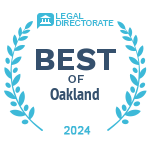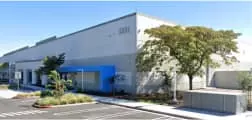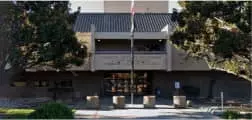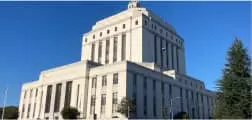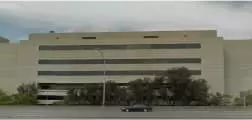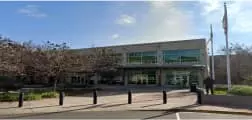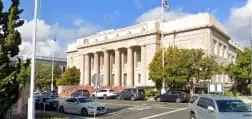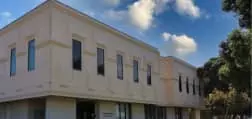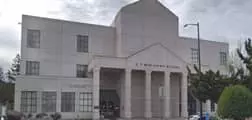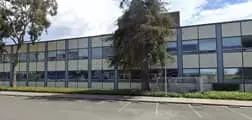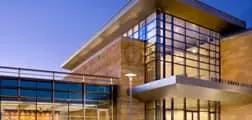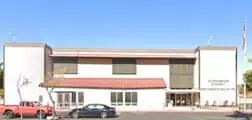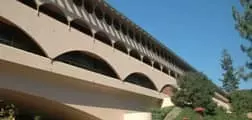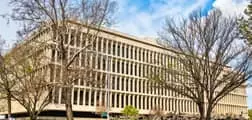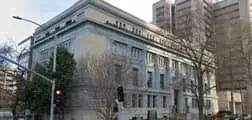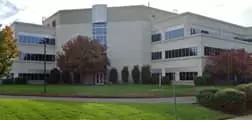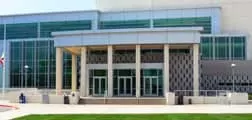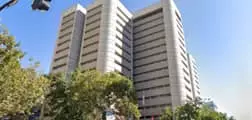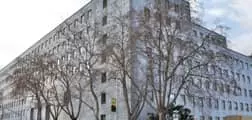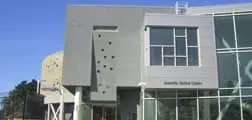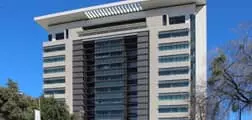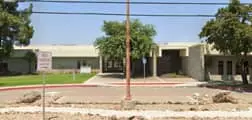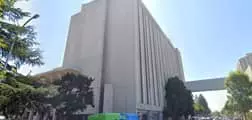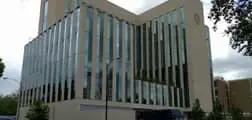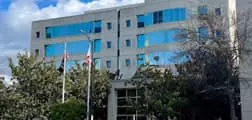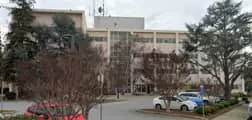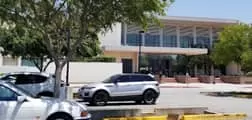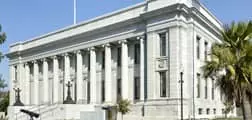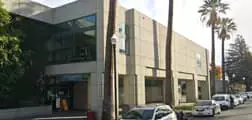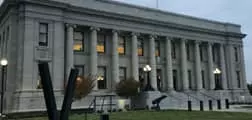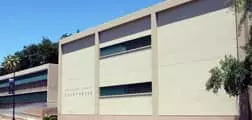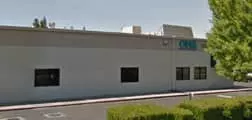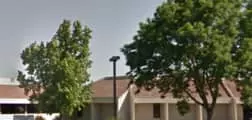License Following an Oakland Second Offense DUI
An Oakland DUI lawyer can contest the DMV suspension, represent you at hearings, and help secure limited driving privileges if you’re facing a second DUI offense.
When someone has been charged with their second DUI, they are facing a two-year suspension. The first year of the suspension is a full suspension. However, under Vehicle Code section 13352(a)(3)(A) if the DUI did not involve drugs and the person was found to only be under the influence of an alcoholic beverage at the time of the violation, then that person can apply for a restricted license after 90 days of a no-driving suspension. Once the 90-day suspension is complete, an ignition interlock device is installed for one year, the driver gets SR-22 insurance, the individual enrolls in an 18-month DUI school, and the fees are paid, then the driver will be able to secure a restricted license that allows them to drive with the ignition interlock device installed.
To learn more about what happens to your license following an Oakland second-offense DUI, contact a well-established second-offense DUI lawyer.
Penalties for a Second DUI Charge
Like a first-time DUI offense, there are extensive fines and fees associated with a second DUI charge. For a second offense, the maximum penalty is a $1,000 fine and one year in jail. In lieu of jail time, the offender may be placed on probation and face an 18-month DUI school, other fees and assessments, restitution, installation of the ignition interlock device, and custodial time. An individual’s license following an Oakland second-offense DUI is a two-year suspension and they will not be eligible for a restricted license until after the first year. It is important to remember that the consequences for a second DUI conviction are much higher than a first. Therefore, it is essential for defendants to reach out to an experienced attorney.
Challenging a License Suspension
Challenging a suspension of a license after a second-offense DUI follows the same process as to whether it was a first or third charge. After a second DUI offense, the driver is still eligible to request a hearing to contest a suspension within 10 days of the arrest. People should know that there is no challenge to the suspension when a license is suspended through a plea bargain between the defense and the district attorney’s office.
If the defendant took a chemical test, the DMV will be required to prove that the officer had reasonable cause to believe the driver was driving their vehicle in violation of the DUI laws and that the officer lawfully detained the driver. If the driver refused or failed to complete a chemical test, then the DMV will need to show that the officer had reasonable cause to believe the driver was violating DUI laws, the officer lawfully detained the driver, the driver was told their driving privileges would be suspended or revoked if they refused, and the driver refused to take the test after being requested.
- Oakland
- Berkeley
- Alameda
- San Leandro
- Hayward
- Emeryville
- Piedmont
- Albany
- Union City
- Newark
- Castro Valley
- Ashland
- Cherryland
- Fairview
- San Lorenzo
- Fremont
- Pleasanton
- Dublin
- Livermore
- Sunol
- Canyon
- Kensington
- Brookshire
- Mulford Gardens
- Russell City
- Eastmont
- Maxwell Park
- Rockridge
- Fruitvale
- 94601
- 94602
- 94603
- 94605
- 94606
- 94607
- 94608
- 94609
- 94610
- 94611
- 94612
- 94613
- 94618
- 94619
- 94621
- 94501
- 94502
- 94536
- 94538
- 94539
- 94541
- 94542
- 94544
- 94545
- 94546
- 94550
- 94551
- 94552
- 94555
- 94577
How to Get License Back Following an Acquittal
A driver could have their full driving privileges reinstated after an acquittal when no suspension order was issued by the DMV. When the administrative hearing does not result in a suspension and a trial ends with an acquittal, then the individual can get their license reinstated. However, if the defendant is acquitted at trial and the DMV ordered the license suspension after an administrative hearing, then they cannot get their license back until the suspended period is completed.
If you have been charged with your second DUI and would like to know what happens to your license following an Oakland second-offense DUI, call an accomplished lawyer today. An attorney could help you understand your options and also fight to get your driving privileges back.
DUI License Reinstatement Resources in Oakland

- 661 Washington St, Oakland, CA 94607
- (510) 627-4701
- Mon–Fri: 8:30 AM – 2:30 PM

- 5325 Broder Blvd, Dublin, CA 94568
- (925) 551-6500
- Mon–Sun: 24 hours

- 455 7th St, Room 306, Oakland, CA 94607
- (510) 238-3021
- Mon–Fri: 8:00 AM – 3:00 PM




